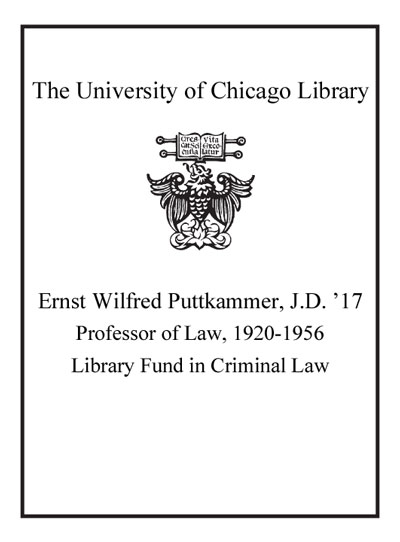Transitional justice theories /
Saved in:
| Imprint: | Milton Park, Abingdon, Oxon : Routledge, 2014 ©2014 |
|---|---|
| Description: | x, 226 pages ; 24 cm. |
| Language: | English |
| Series: | Transitional justice Transitional justice. |
| Subject: | |
| Format: | Print Book |
| URL for this record: | http://pi.lib.uchicago.edu/1001/cat/bib/9857783 |
Table of Contents:
- Contributors
- Acknowledgements
- List of abbreviations
- Transitional justice theories: An introduction
- Part I. Theorising transitional justice
- 1. Transformative justice, reconciliation and peacebuilding
- 2. Rethinking reconciliation in divided societies: A social learning theory of transitional justice
- 3. The plural justice aims of reparations
- 4. Political liberalism after mass violence: John Rawls and a 'theory' of transitional justice
- 5. The vertical and horizontal expansion of transitional justice: Explanations and implications for a contested field
- Part II. Exploring the limits of transitional justice
- 6. Bargaining justice: A theory of transitional justice compliance
- 7. Narrative truths: On the construction of the past in truth commissions
- 8. Redressive politics and the nexus of trauma, transitional justice and reconciliation
- 9. Forgetting the embodied past: Body memory in transitional justice
- 10. Understanding the political economy of transitional justice: A critical theory perspective
- Index

